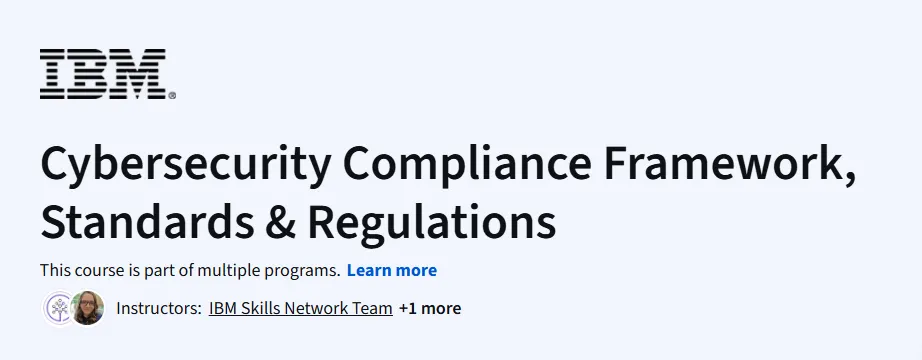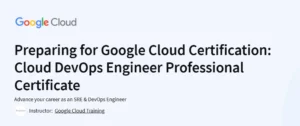What will you learn in Cybersecurity Compliance Framework, Standards & Regulations Course
Define and differentiate leading cybersecurity compliance frameworks and standards, including NIST CSF, ISO/IEC 27001, CIS Controls, PCI DSS, HIPAA, GDPR, and COBIT.
Implement endpoint protection and patch management processes for client systems in accordance with compliance requirements.
Apply server hardening, user account management, and cryptographic controls to secure data at rest, in transit, and in use.
Plan and execute compliance audits: map controls, assess effectiveness, document findings, and report on regulatory adherence.
Program Overview
Module 1: Compliance Frameworks & Industry Standards
⏳ 2.5 hours
Topics: Governance, Risk, and Compliance (GRC) fundamentals; detailed overview of NIST Cybersecurity Framework, ISO/IEC 27001 ISMS, CIS Controls, COBIT, AICPA SOC reports, and PCI DSS.
Activities: Compare sector-specific standards (e.g., HIPAA for healthcare, GDPR for data privacy) and map key controls to organizational policies.
Module 2: Client System Administration, Endpoint Protection & Patching
⏳ 3 hours
Topics: Client OS hardening, antivirus/EDR versus UEM solutions, patch lifecycle management and automation.
Activities: Configure endpoint-protection policies in a lab environment and simulate automated patch deployments.
Module 3: Server & User Administration, Cryptography & Data States
⏳ 3 hours
Topics: Server hardening best practices, IAM and least-privilege principles, encryption algorithms (AES, RSA), hashing (SHA-2), and key management.
Activities: Perform encryption/decryption operations, configure TLS for data in transit, and secure database-at-rest with transparent data encryption.
Module 4: Audit Procedures & Regulatory Compliance
⏳ 2.5 hours
Topics: Audit lifecycle (planning, evidence collection, testing, reporting), risk assessment methodologies, sampling techniques, and AI ethics considerations in auditing tools.
Activities: Conduct a mini-audit against selected controls using sample evidence, identify gaps, and draft a compliance summary report.
Get certificate
Job Outlook
Roles: Compliance Analyst, Security Auditor, SOC Analyst, Governance/Risk/Compliance (GRC) Specialist.
Demand: High across finance, healthcare, government, and technology sectors as organizations seek to meet stringent regulatory requirements and manage cyber risk.
Salaries: Entry-level compliance and audit roles typically range from $75K–$95K USD, rising to $110K+ with specialized framework expertise and certifications (e.g., CISA, CISSP).
Specification: Cybersecurity Compliance Framework, Standards & Regulations Course
|





